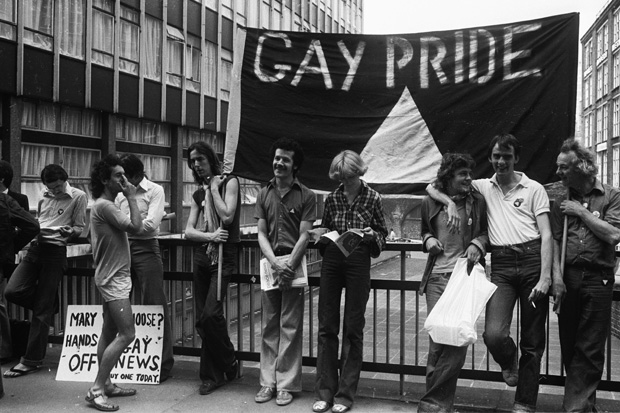Thick, sentimental and with a narrative bestriding four decades, Meg Wolitzer’s The Interestings feels above all like a Victorian novel, one which finds itself as comfortable in our time as it would have been 150 years ago. It’s an American story ruled by classic English themes. Fate, coincidence, class and envy are what bind — and in some cases disperse — the six central characters.
Already a subscriber? Log in
Subscribe for just $2 a week
Try a month of The Spectator Australia absolutely free and without commitment. Not only that but – if you choose to continue – you’ll pay just $2 a week for your first year.
- Unlimited access to spectator.com.au and app
- The weekly edition on the Spectator Australia app
- Spectator podcasts and newsletters
- Full access to spectator.co.uk
Or
Unlock this article
You might disagree with half of it, but you’ll enjoy reading all of it. Try your first month for free, then just $2 a week for the remainder of your first year.













Comments
Don't miss out
Join the conversation with other Spectator Australia readers. Subscribe to leave a comment.
SUBSCRIBEAlready a subscriber? Log in